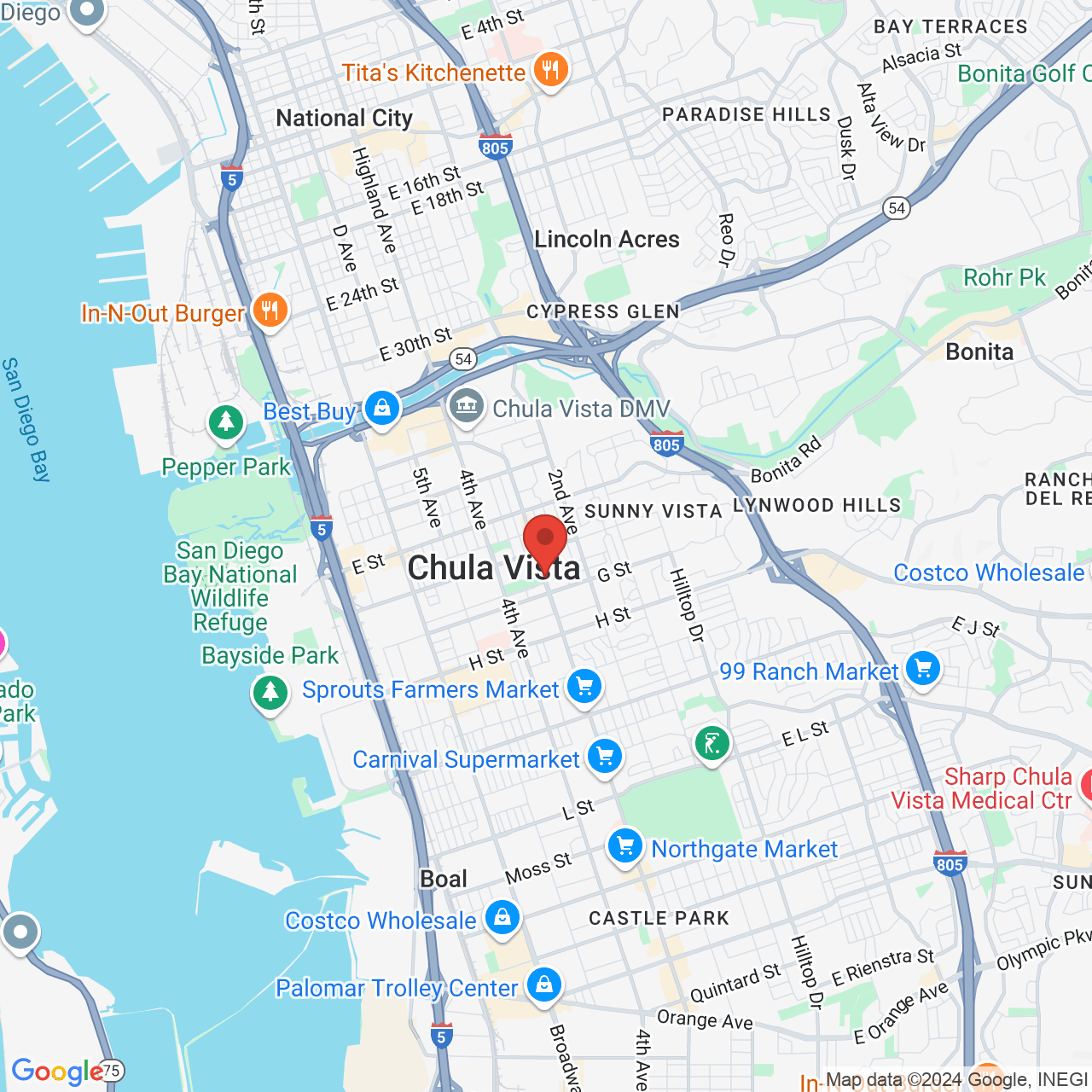Chiropractic Care after Failed Back Surgery
Patients whose problems were not answered by surgery often call upon Dr. Langford, San Diego County chiropractor, for help. It is estimated that 50 percent of the 200,000 people who have lower back surgery each year do not attain their desired outcome. Some of them are even in worse condition following surgery. Dr. Stan G. Langford III offers effective chiropractic care after a failed back surgery at his Chula Vista, CA, office, without using drugs or surgery to provide relief.

Failed Back Surgery Syndrome
The condition referred to as “failed back surgery syndrome,” consists of a host of problems that may be related to the surgery. People with failed back surgery syndrome often complain about unrelenting pain or physical impairment. Spine surgery is only basically able to accomplish two things, decompress a nerve root that is pinched or stabilize a painful joint. Unfortunately, back surgery or spine surgery cannot literally cut out a patient’s pain. It is only able to change anatomy.
By far the number one reason back surgery is not effective is because the lesion that was operated on is NOT THE CAUSE of the patient’s pain. Some types of back surgery are far more predictable in terms of alleviating a patient’s symptoms than others. For instance,
- A discectomy (or microdiscectomy) for a lumbar disc herniation that is causing leg pain is a very predictable operation. However, a discectomy for a lumbar disc herniation that is causing lower back pain is far less likely to be successful.
- A spine fusion for spinal instability (e.g. spondylolisthesis) is a relatively predictable operation. However, a spine fusion for multilevel lumbar degenerative disc disease is far less likely to be successful in reducing a patient’s pain.
Dr. Langford is dedicated to providing the safe, non-invasive treatment that patients needs to relieve pain and live a more comfortable life.
There are several other potential causes of a failed surgery, or continued pain after surgery, including:
- Fusion surgery considerations, such as failure to fuse and/or implant failure, or a transfer lesion to another level after a spine fusion, when the next level degenerates and becomes a pain generator.
- Lumbar decompression back surgery considerations, such as recurrent stenosis or disc herniation, inadequate decompression of a nerve root, preoperative nerve damage that does not heal after a decompressive surgery, or nerve damage that occurs during the surgery.
- Scar tissue considerations.
Experience Non-Surgical Care
It is unfortunate that many patients do not consult with a chiropractor before surgery to determine whether their pain or other symptoms could be addressed without drugs or surgical intervention. If you have undergone a failed back surgery, contact us online to schedule a consultation with Dr. Langford. He is dedicated to providing the safe, non-invasive treatment that patients needs to relieve pain and live a more comfortable life.


